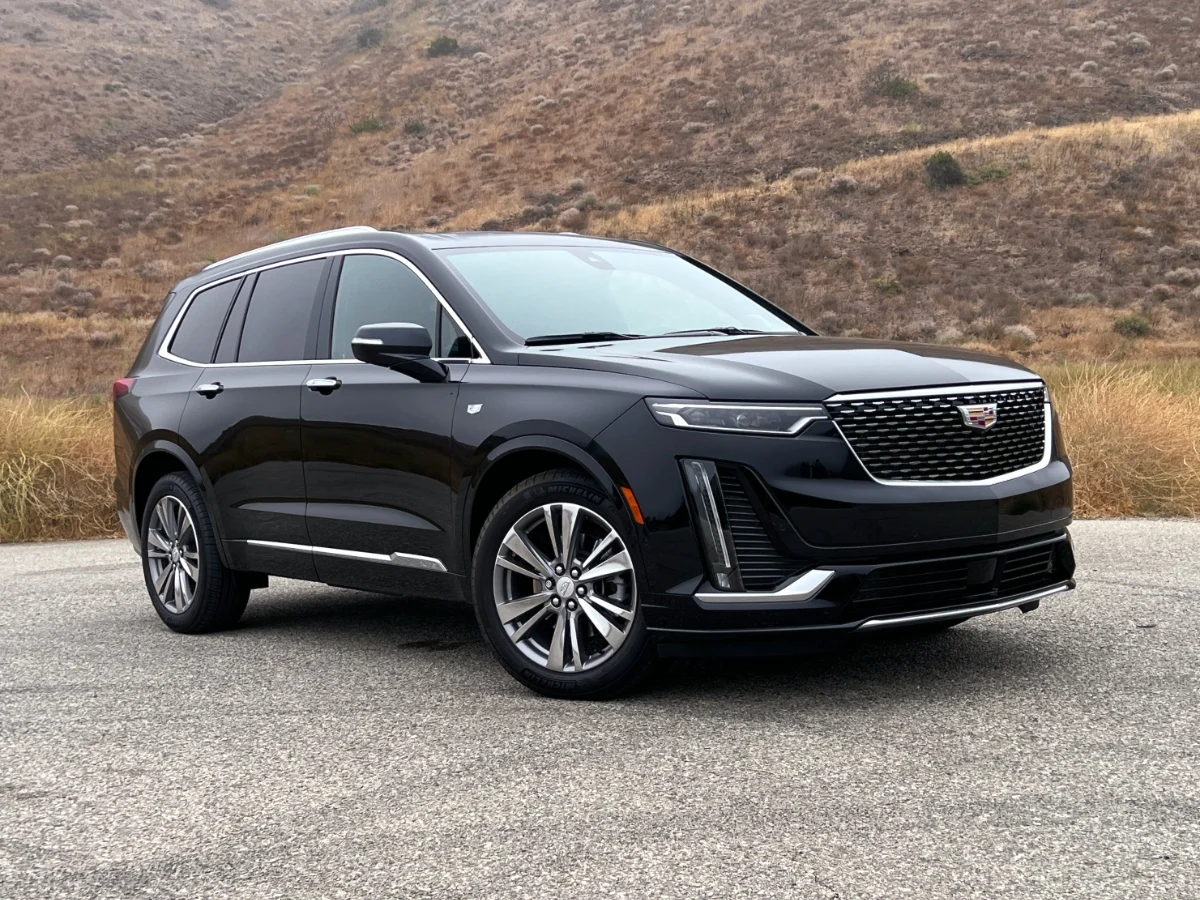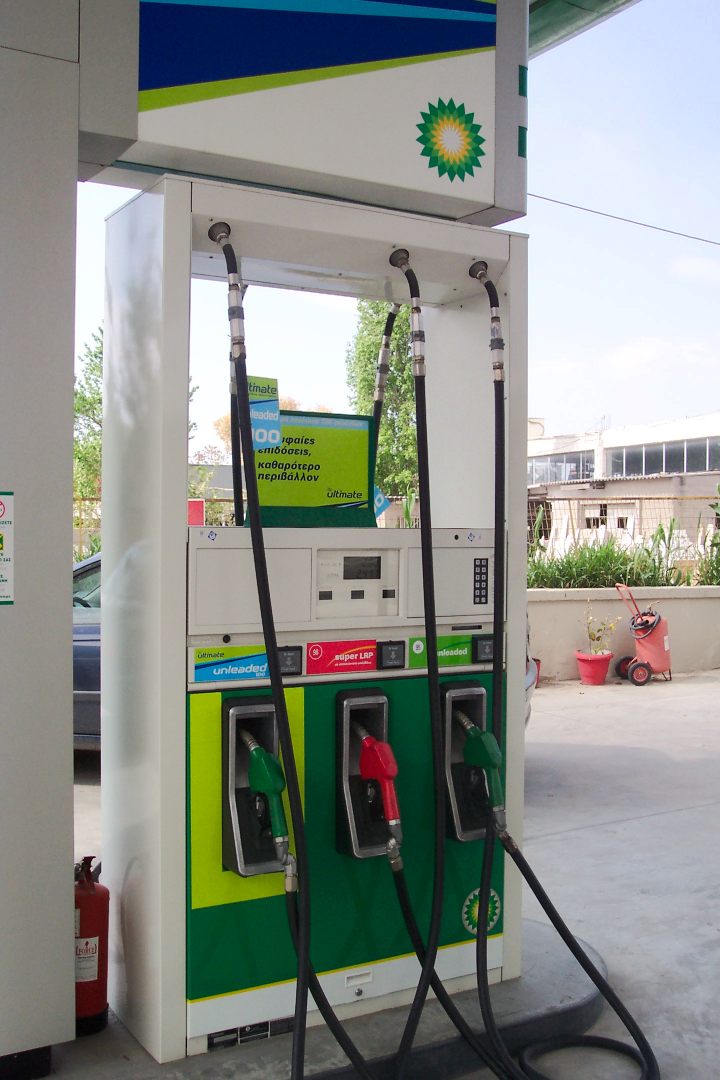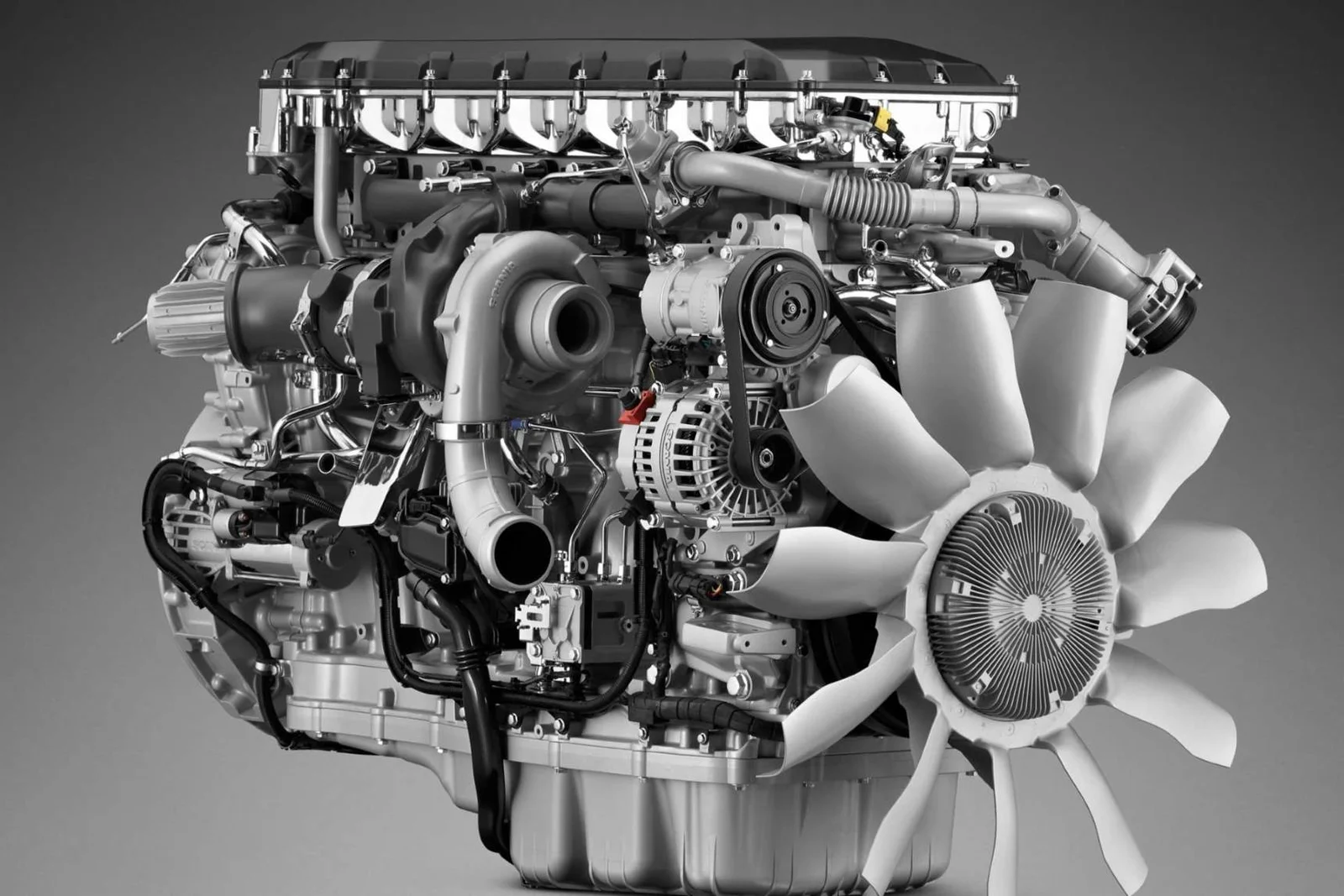
When evaluating engines, know-how and the unique data of diverse engine kinds are essential. Whether you’re a vehicle enthusiast, a vehicle manufacturer, a mechanic, or an environmentalist, knowledge of the specs, ordinary overall performance traits, and modern technology of various engines can notably affect your picks. This manual will focus on the Engine type NYT and provide treasured insights for making informed picks.
Table of Contents
What is the Engine Type NYT?
The term Engine Type NYT is commonly used in crossword puzzles, especially those published with the New York Times (NYT) resource. While it may look at numerous engine kinds depending on the context, we will cover the most relevant factors of traditional and current engine types to provide a large amount of information.
Key Specifications and Benefits of Engine Types
1. Horsepower and Torque
Horsepower: Measures the engine’s electricity output and potential to perform paintings over time.
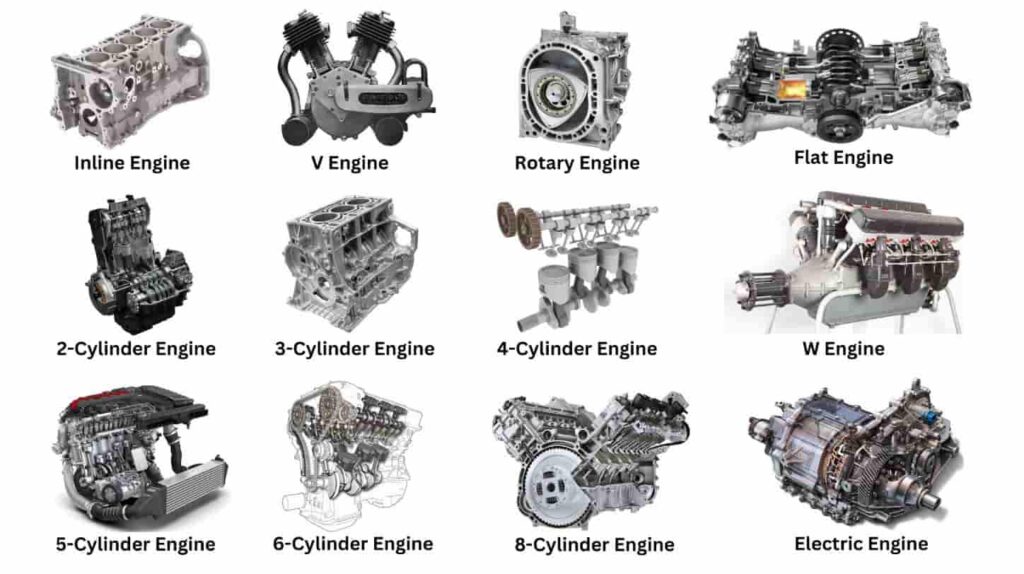
Torque: Indicates the engine’s rotational strain, which is significant for acceleration and towing capacity.
2. Fuel Efficiency
Internal Combustion Engines (ICE): Typically, they are less fuel-green than fashionable alternatives but are still widely used.
Electric Engines: Offer advanced gas performance by converting more strength from strength into motion.
3. Compatibility with Different Vehicles
Gasoline Engines: Engine Type NYT are commonly utilized in passenger automobiles, imparting a balance of power and fuel overall performance.
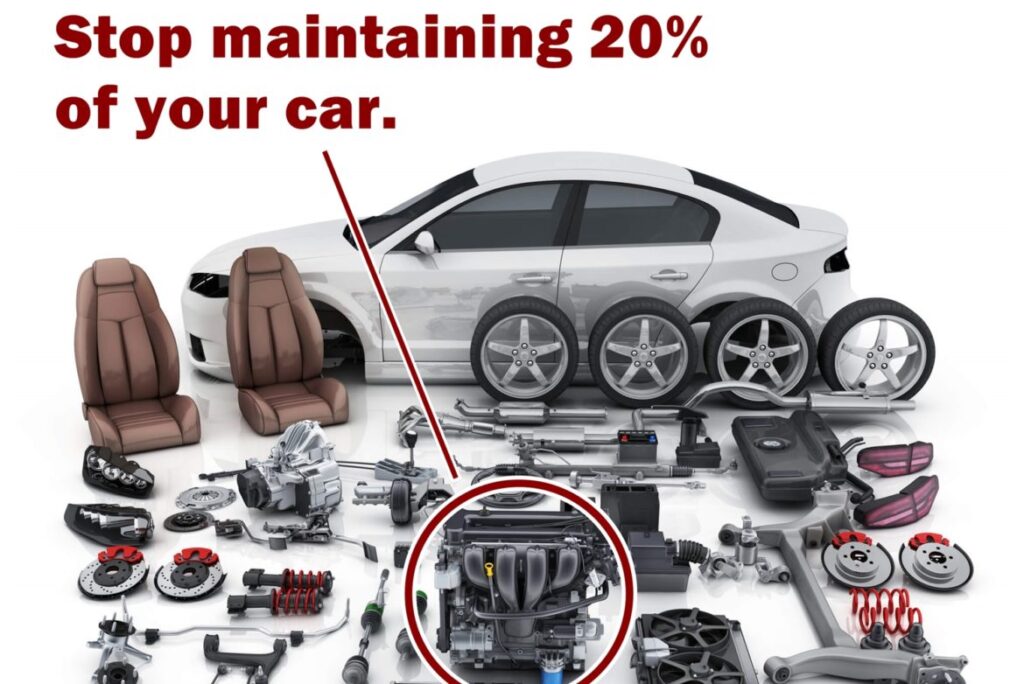
Diesel Engines: Preferred for cars and heavy-duty motors because of their higher torque and fuel performance.
Hybrid Engines: Combine ICE and electric-powered energy appropriate for many motors, from small motors to SUVs.
4. Innovative Technologies
Turbocharging: Enhances electricity output without an appreciably growing engine period or gasoline consumption.
Chamber Deactivation: Further develops gas in general execution by switching off certain chambers while complete strength isn’t wished 100% of the time.
Regenerative Slowing down: Found in mixture and electric-fueled motors, this innovation recovers power by slowing down to re-energize the battery.
Performance Characteristics
Acceleration: Electric engines regularly provide immediate torque, resulting in faster acceleration.
Top Speed: Gasoline and diesel engines typically offer better top speeds than electric engines.
Range: Diesel engines usually offer more extended driving tiers, while electric-powered engines rely on battery capability.
Durability and Maintenance
Internal Combustion Engines: Require average renovation, which includes oil changes, spark plug replacements, and timing belt inspections.
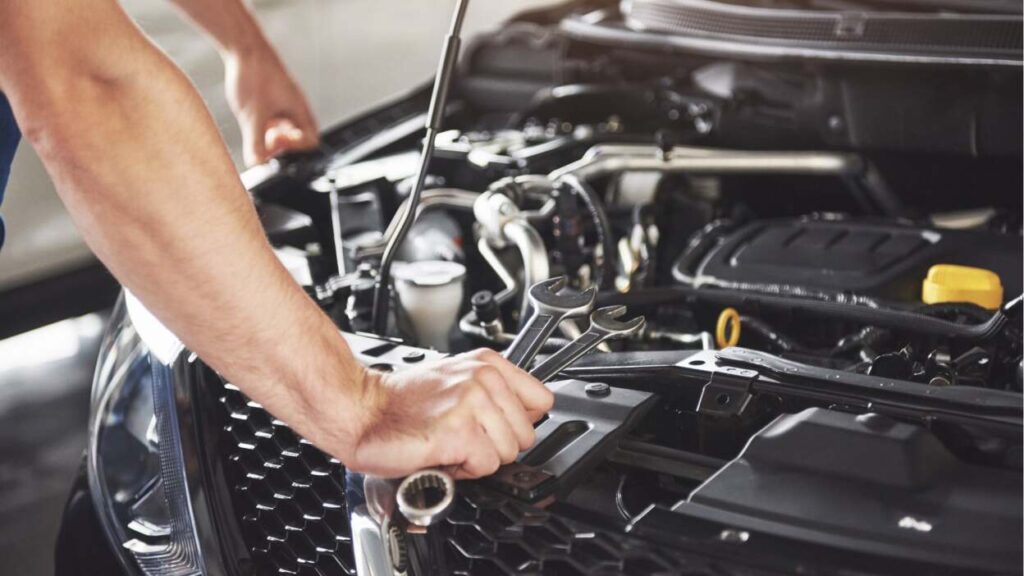
Electric engines have fewer moving elements, which is most important for decreasing renovation requirements and ensuring longer lifespans.
Hybrid Engines: Combine the preservation goals of both ICE and electric additives.
Comparisons with Other Engine Types
Gasoline vs. Diesel: Diesel engines provide better gasoline performance and torque but are heavier and bring more emissions.
Electric vs. Hybrid: Electric engines are more environmentally high-quality and function with fewer maintenance dreams, while hybrids compromise range and gasoline efficiency.
User Reviews and Expert Opinions
User Reviews: Many clients recognize electric engines’ gas performance and low preservation goals—however, a few express problems with the provision of charging infrastructure.
Expert Opinions: Experts spotlight the improvements in electric engine generation, emphasizing its potential to revolutionize the automobile industry.
Conclusion
In conclusion, the Engine Type NYT can be discussed with numerous engines, each with particular specs, advantages, and technologies. Whether you are considering an improvement on your automobile or comparing options for a new purchase, records of that info can help you make a properly informed choice.
If you’re interested in exploring engine sorts more closely and receiving expert suggestions tailor-made to your desires, do not hesitate to contact our team. Learn extra about the ultra-contemporary improvements and how they can benefit you.
FAQs
1. What does Engine Type NYT visit?
The term Engine Type NYT refers to several engine sorts featured in crossword puzzles posted with the valuable resource of the New York Times. It’s critical to contextualize it with the useful resource of expertise in the unique engine types mentioned.
2. How do electric engines evaluate internal combustion engines in terms of preservation?
Electric engines usually require much less preservation than internal combustion engines because they have fewer transferring factors. This results in decreased lengthy-term prices and lots less commonplace servicing.
3. What are the benefits of hybrid engines?
Engine Type NYT Hybrid engines combine the advantages of internal combustion engines and electric-powered power, supplying versatility in performance and performance. They provide an improved fuel economic system compared to conventional engines and deliver the comfort of an extended driving variety.
4. Are diesel engines more gasoline-green than gasoline engines?
Yes, diesel engines are generally more fuel-efficient than fuel engines, mainly in heavy-obligation programs, because of their better torque and strength density than diesel gasoline. However, they will produce more emissions and may be heavier.
5. What progressive technology is being utilized in contemporary engines?
Innovation in the engine era includes turbocharging for increased power output and efficiency, cylinder deactivation, which improves fuel monetary devices by shutting off positive cylinders even as much less strength is wanted, and regenerative braking systems generally placed in hybrid and electric engines.


